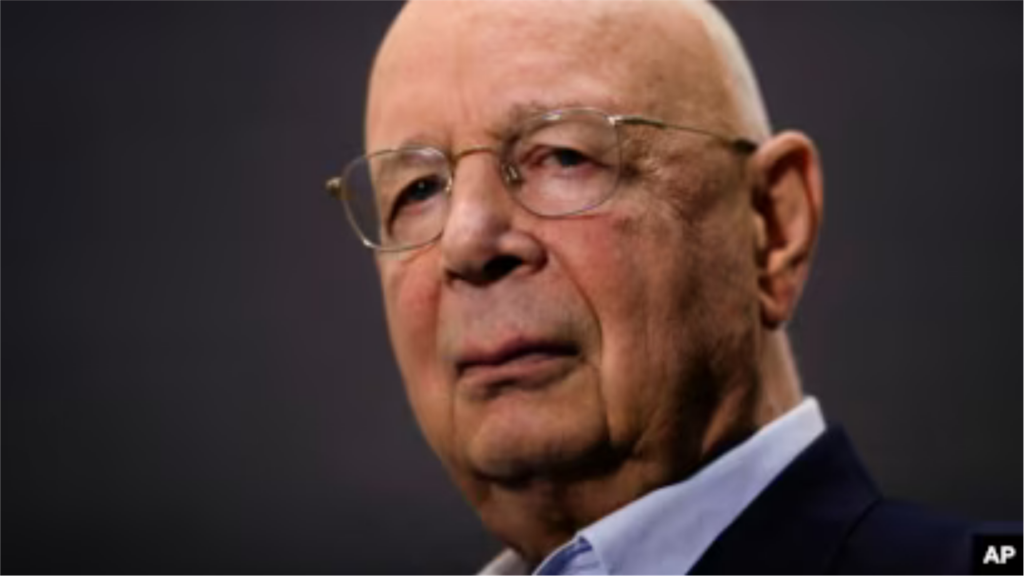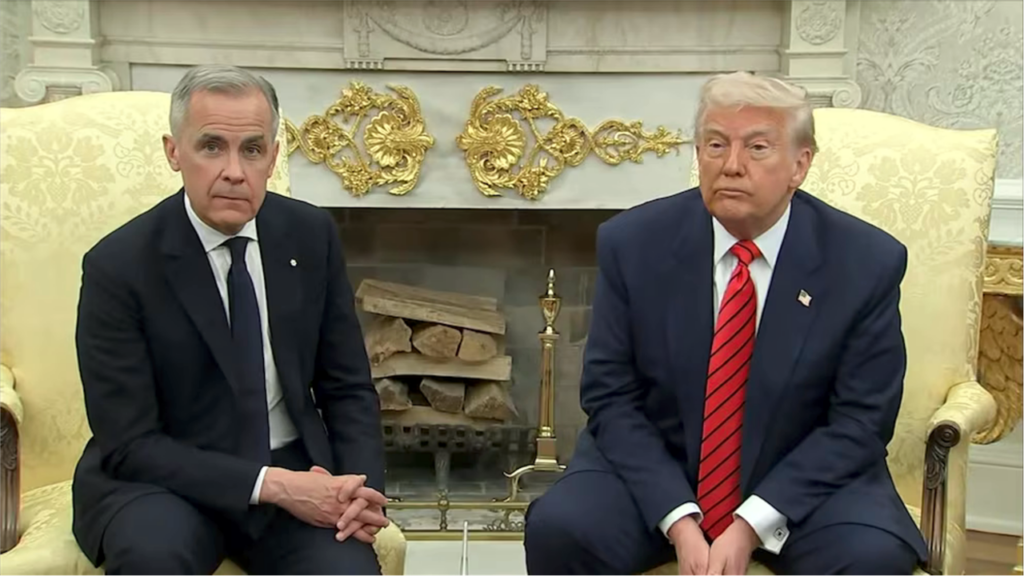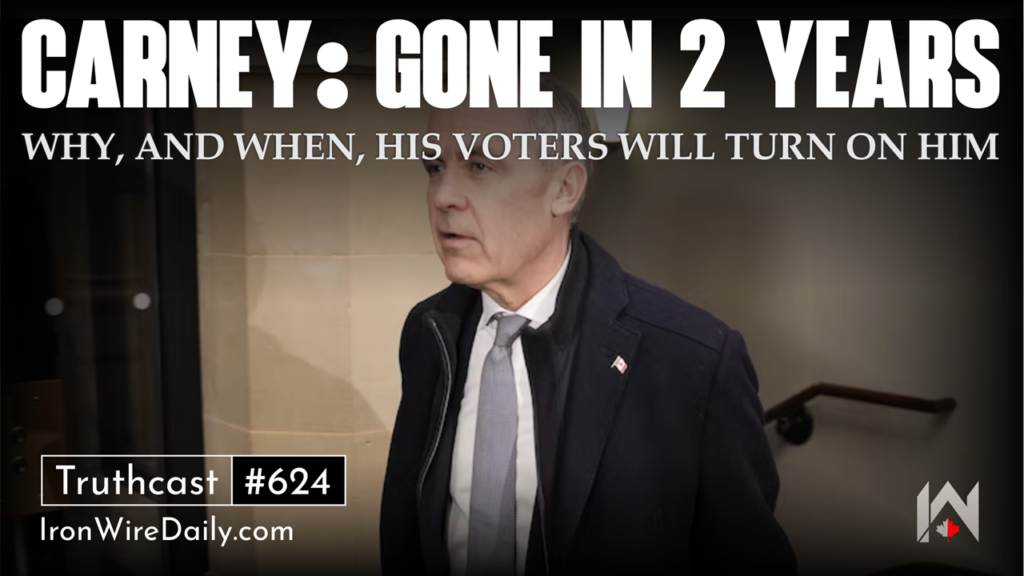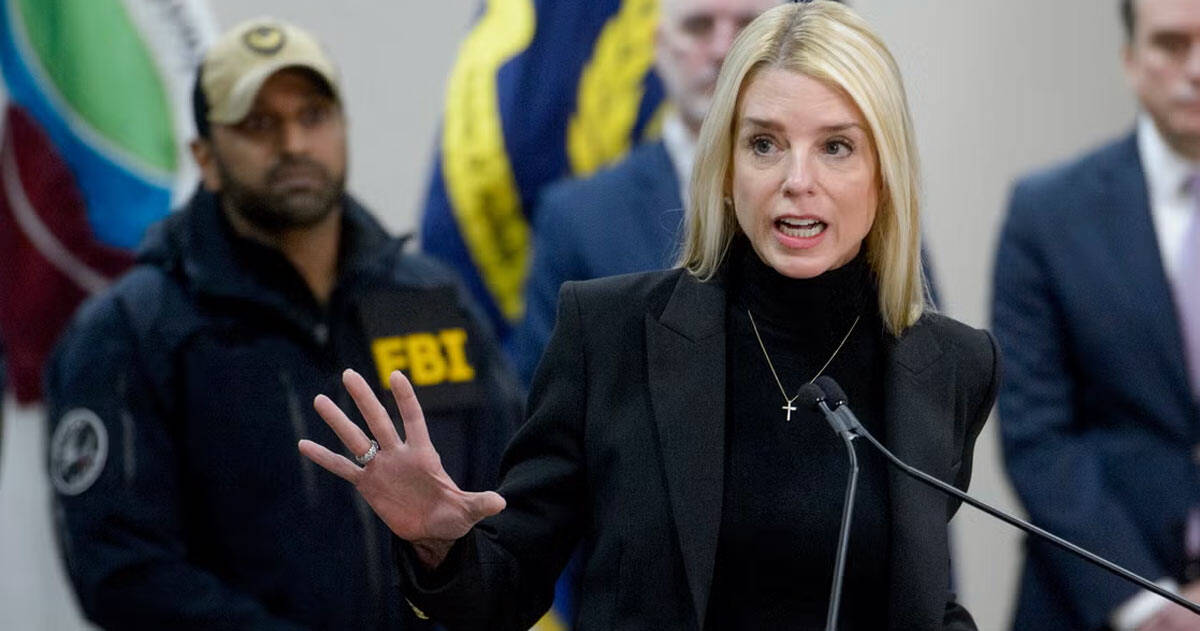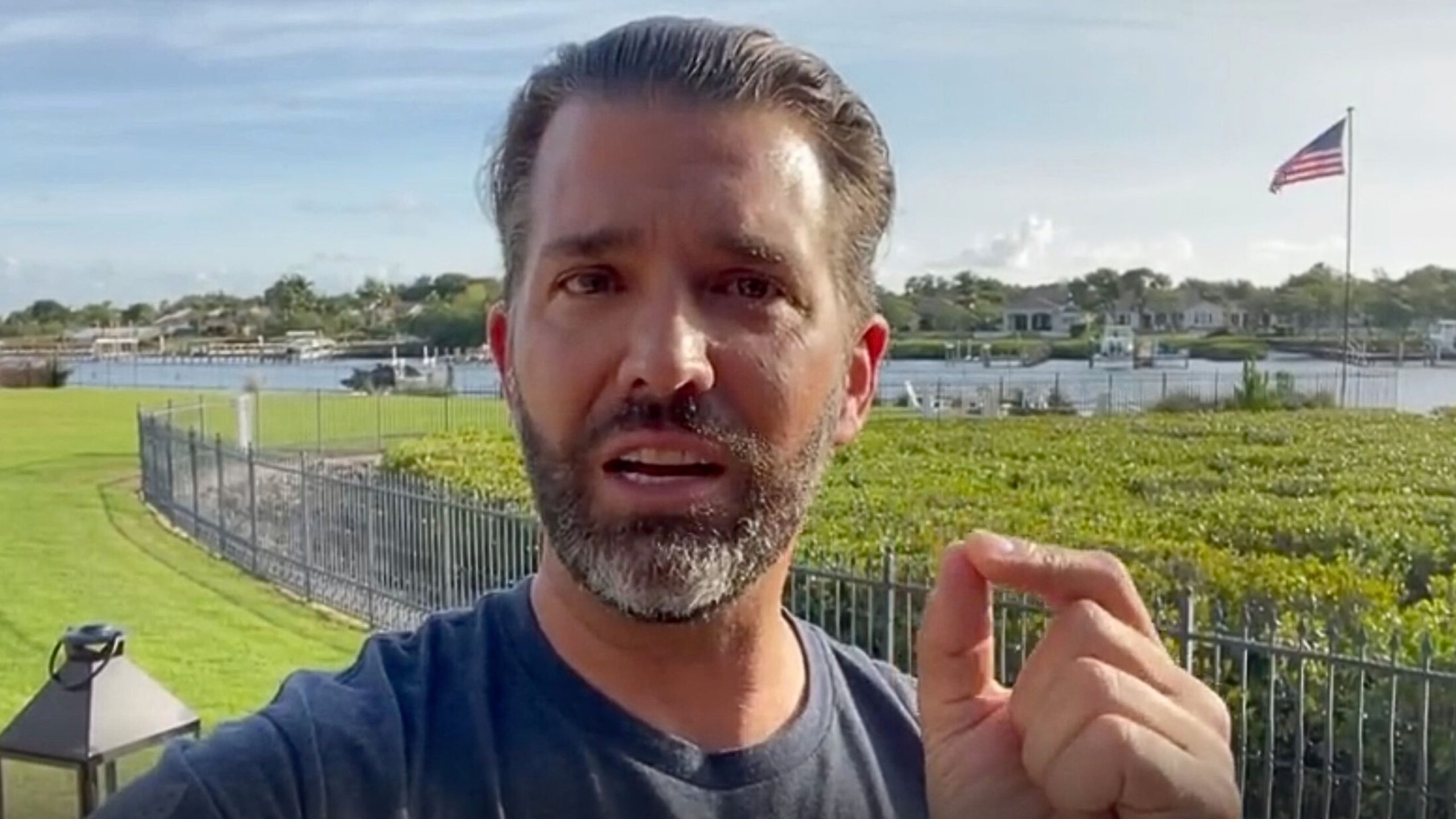‘Don’t Tax Bluey’: Australian Ambassador Pleads Against Trump Film Tariff

Australia’s ambassador to the United States has raised concerns about Donald Trump’s proposed 100 percent tariff on foreign-produced films.
Speaking at a Milken Institute conference in Los Angeles, Kevin Rudd warned that such a measure could damage cultural exchange internationally.
“I don’t think we want to see a tax on Bluey,” he said, referring to the Australian children’s program created in Brisbane, which is now one of the most-watched programs in the United States.
Bluey and Soft Power
Rudd cited Bluey as a standout example of how entertainment can strengthen global ties.
The cartoon has achieved significant international success and is widely praised for its storytelling and emotional depth.
In 2024, Bluey recorded 35 billion minutes of watch time in the United States alone, dominating national viewership charts.
A year earlier, it was the second most-streamed show across all U.S. platforms, according to Nielsen data.
Its popularity prompted a light-hearted message from the U.S. Embassy in Australia:
“A huge congratulations to Team Bluey—you’re responsible for lots of little Aussie accents and kids saying ‘dunny’ all across the U.S.”

Soft Power and Global Recognition
The cartoon’s success has also caught the attention of Australian leaders.
Treasurer Jim Chalmers described it as a rare cultural export that has become a source of national pride.
“For a country best known for low-grade soap operas, which relies on exports of commodities like iron ore, red meat, and coal for its economic resilience, the global success of the cartoon is a source of national pride,” he said.
In 2023, Bluey’s cultural impact even rivalled that of the Australian cricket team, which normally draws a substantial audience from the Indian subcontinent.
Tariff Details in the Works
The tariff idea appears to have been influenced by actor Jon Voight, who recently argued that “something has to be done” to protect American cultural industries.
Trump’s sudden announcement has sparked alarm in the film industry. He said his proposal to impose 100 percent tariffs on movies made outside the United States aims to revive Hollywood which is “dying a very fast death.”
Trump directed the Commerce Department to begin work on the tariffs. However, he later appeared to ease his position, saying he plans to consult with industry leaders to ensure they are “happy” with the plan.
Commerce Secretary Howard Lutnick later told media his team was acting on the order, though specific details remain vague. The administration has not clarified whether the tariffs would apply to U.S. companies filming abroad or include streaming services like Netflix.
While details of Trump’s proposal remain unclear and has not been formally adopted by the U.S. government, it reflects a growing undercurrent of economic nationalism in conservative circles.
Tariffs on foreign films would likely involve placing a duty on international content distributed in the United States, either through theatrical releases or streaming platforms.
This would make it more expensive for studios to license or screen non-American productions locally, while potentially limiting access to the U.S. market for overseas producers.


